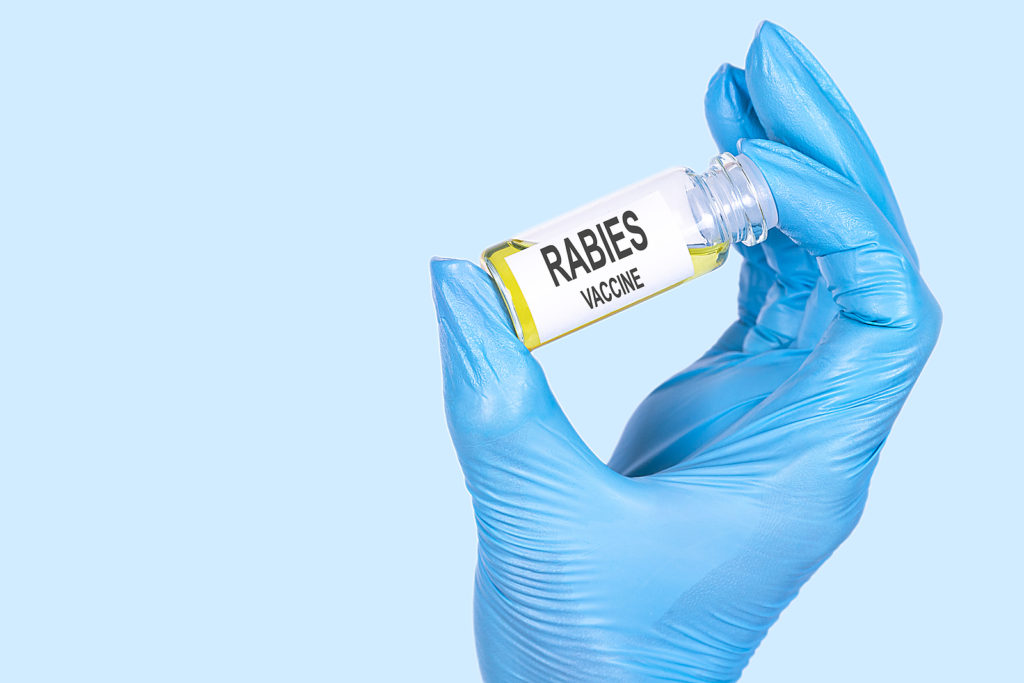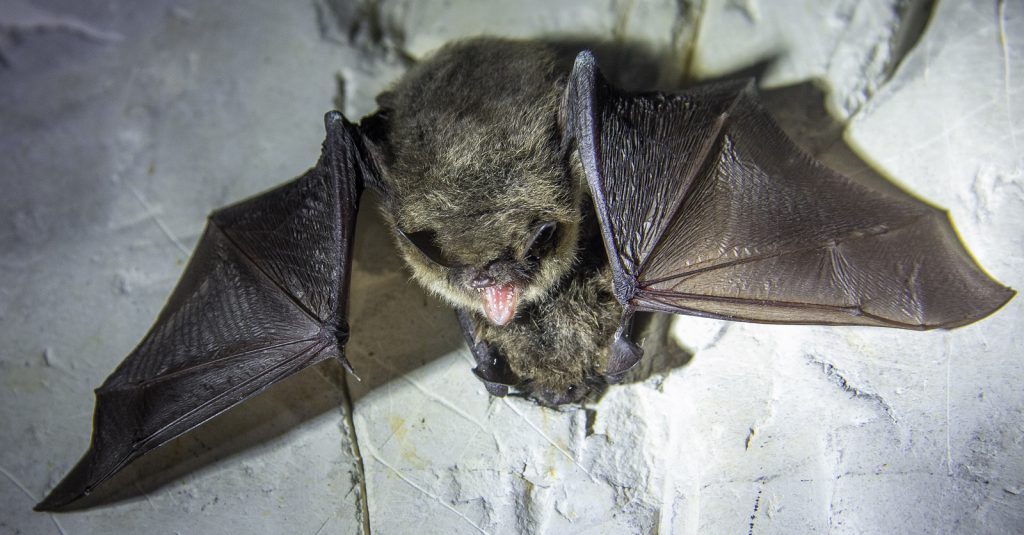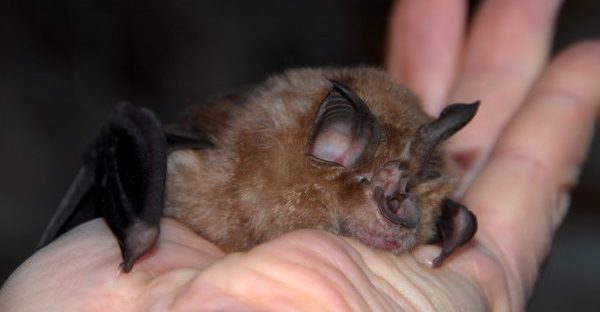Bats are the only mammal capable of true flight and have been present on Earth for over 50 million years. There are over 1,200 species of bats worldwide, making them one of the most diverse groups of mammals. While most people think of bats as being associated with dark places and spooky caves, they play an important role in many ecosystems.
Bats are important pollinators and help to disperse seeds, which helps to ensure the health of forests and other habitats. They are also a major food source for many predators, including owls, snakes, and some species of cats. In some cultures, bats are considered to be good luck symbols, while in others they are feared as omens of death.
Despite their beneficial role in nature, bats can also be carriers of disease. They are the natural reservoirs for a number of viruses, including rabies. While the risk of contracting rabies from a bat is low, it is still important to be aware of the potential dangers they pose.
In this blog, we will discuss more facts about the link between bats and the Rabies Virus, plus provide a bonus tip on how to safely get rid of bats if you are dealing with a nuisance critter problem in Indianapolis.

What You Need to Know About Rabies
Rabies is a viral disease that affects the nervous system. It is typically transmitted through the bite of an infected animal but can also be transmitted through contact with saliva or other body fluids. The rabies virus attacks the brain, causing inflammation and ultimately death. Symptoms of rabies include fever, headache, muscle pain, weakness, paralysis, and seizures. The disease is almost always fatal once symptoms begin to appear but can be prevented through prompt treatment with a rabies vaccine.
Bats are the most common source of rabies infections in humans, accounting for over 60% of reported cases. While the risk of contracting rabies from a bat is low, it is still important to take precautions when around them. If you are bitten or scratched by a bat, it is important to seek medical attention immediately and to begin the rabies vaccination process. Be sure to keep your pets vaccinated against Rabies as well.
Bat Removal and Control
Bats are often considered nuisance pests due to their habit of roosting in homes and other structures. Bats can enter through very small openings, making them difficult to keep out. In addition, their droppings can contain harmful bacteria that can contaminate food and surfaces. If you have a bat problem, it’s important to take steps to remove and control them.
There are a few different ways to remove bats from your home or other structure. You can have a bat exclusion device installed, which allows the bats to exit but not re-enter. You can also have any openings sealed up that the bats are using to get into your home. Once the bats are gone, any areas where they were roosting needs to be cleaned and sanitized to prevent the spread of disease.
If you have a bat problem, only trust a licensed and insured bat pest control professional for help extracting and managing them. Contact us at 317-257-2290 for professional and prompt Indianapolis IN bat removal services you can trust. We serve residential and commercial clients.
Related Posts:
Where to Get Fall and Winter Bat-Proofing Service in Central Indiana
Nuisance Bat Control in 3 Steps or Less
Top 3 Reasons Why Bats are Ecologically Important





